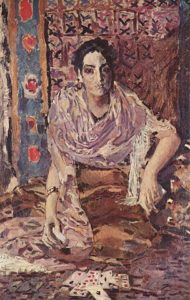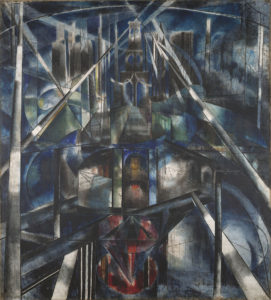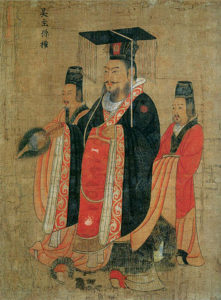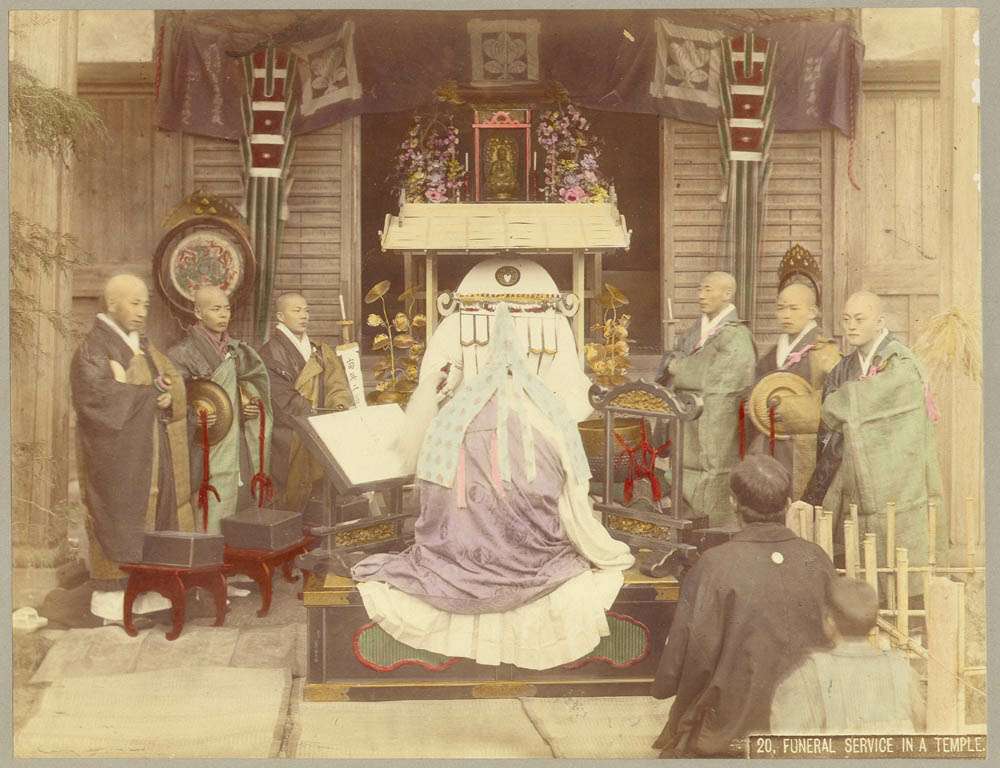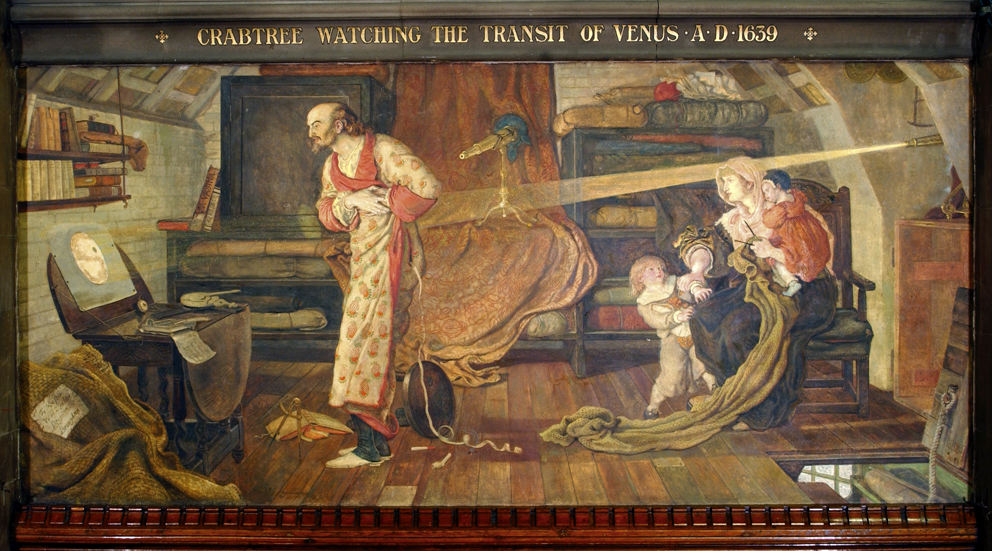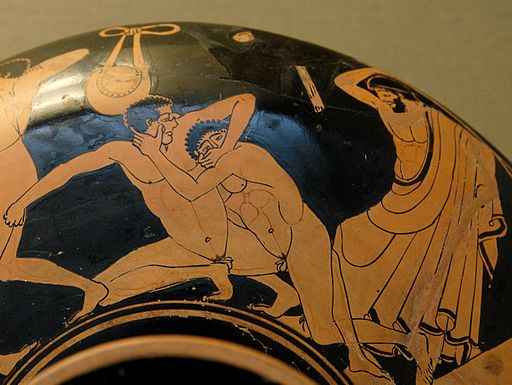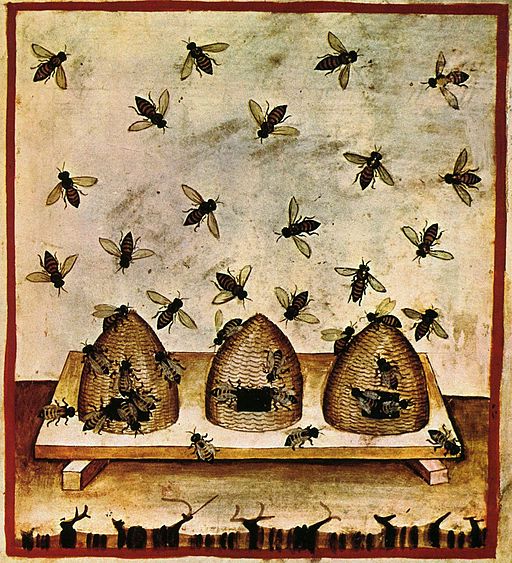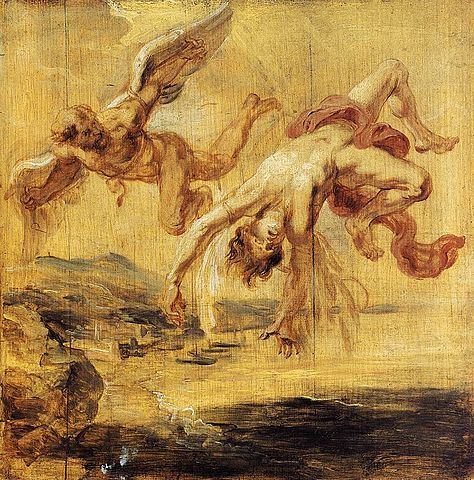A Final Visitation to Our Monumental Glass Desert by Wesley D. Gray
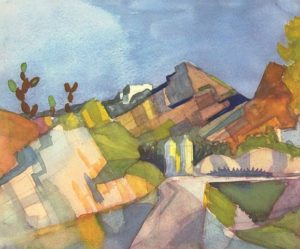
Let us see it once more
before the Grand Finale
like a striated shrine,
a coruscated monument,
the last Great Wonder
of our shattered world.
Â
Step up to its S-curve borders
to stare into the glassy dunes
where amber ghosts swim
beyond its wavy surface,
like jellyfish fossils
trapped beneath its stoic facade.
Â
Come and see the twisted relics
of crystallized faces,
wide-eyed with their reflections
sitting in parlors of haunted endings,
bone canyons with web-nested eyes
spilling regret from cavernous sockets.
Â
Endure the weight of chains
shackled to their necks
like skeletal colossus snakes
woven of a doomed reformation,
spun from the spinnerets
of silkworm epidemics.
Â
Touch the lustrous body,
so bitter now, and cold,
the heat of the magma
long ago faded
like the glossy echoes
of our children’s soft whispers.
Â
Blood and tears
are encased within,
like swirls inside a marble,
mixed with all that liquid skin,
now once again solidified,
like the curls of resin-coated tongues.

